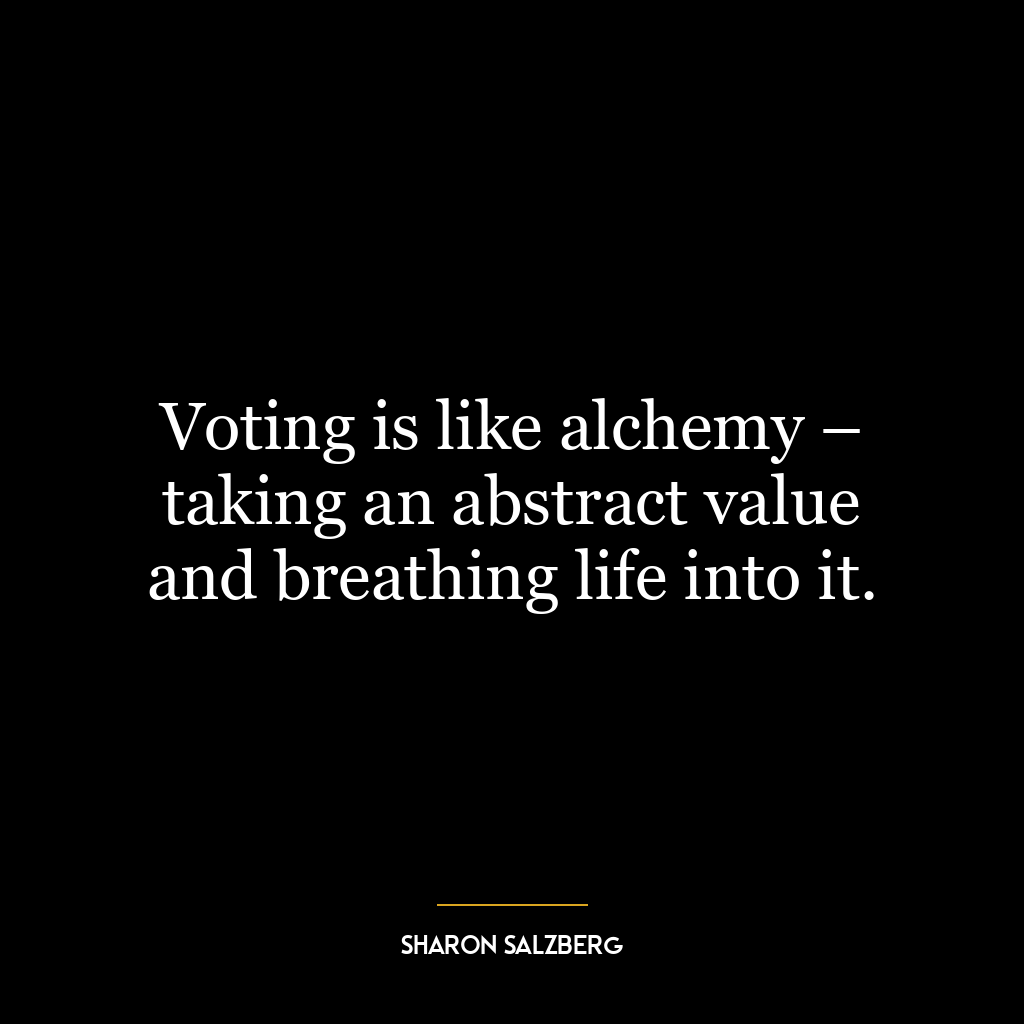'Paralysis' Quotes
Paralysis quotes refer to powerful statements that highlight the state of being unable to move or act due to fear, indecision, or other obstacles. These quotes have been used throughout history to convey the idea of being stuck or trapped, both physically and mentally. They have been used by famous…Read More
Paralysis quotes refer to powerful statements that highlight the state of being unable to move or act due to fear, indecision, or other obstacles. These quotes have been used throughout history to convey the idea of being stuck or trapped, both physically and mentally. They have been used by famous figures such as Martin Luther King Jr., Mahatma Gandhi, and Nelson Mandela to inspire and motivate individuals and society to overcome their fears and take action. These quotes have also been used in literature and media to depict the struggles of characters and the human condition. Despite their dark connotation, paralysis quotes continue to resonate with people and serve as a reminder to break free from limitations and live life to the fullest.Read Less
Paralysis quotes refer to powerful statements that highlight the state of being unable to move or act due to fear, indecision, or other obstacles. These quotes have been used throughout history to convey the idea of being stuck or trapped, both physically and mentally. They have been used by famous figures such as Martin Luther King Jr., Mahatma Gandhi, and Nelson Mandela to inspire and motivate individuals and society to overcome their fears and take action. These quotes have also been used in literature and media to depict the struggles of characters and the human condition. Despite their dark connotation, paralysis quotes continue to resonate with people and serve as a reminder to break free from limitations and live life to the fullest.
17 Notorious 'Paralysis' Quotations and Sayings
Paralysis is a term that is often used in quotes to convey a deeper meaning or symbolic value. It is a condition that is characterized by the loss of muscle function in one or more parts of the body, resulting in the inability to move or feel sensation. However, beyond its medical definition, paralysis holds a significant cultural and historical significance, and has been a common theme in motivational contexts, portrayed in art and media, and has impacted our understanding of life and society. In this article, we will explore the concept of paralysis as it appears in quotes, and delve into its various dimensions.
Paralysis – Symbolic Value
In quotes, paralysis is often used as a metaphor for being stuck or unable to move forward in life. It represents a state of being immobilized, whether physically, emotionally, or mentally. This symbolic value of paralysis is often associated with feelings of fear, helplessness, and being trapped. It can also be seen as a representation of being held back by one’s own limitations or circumstances. As author Paulo Coelho once said, “The world is changed by your example, not by your opinion. Paralysis is the enemy of progress.”
Paralysis – Cultural and Historical Significance
Throughout history, paralysis has been associated with various cultural and religious beliefs. In some cultures, it is seen as a punishment for past wrongdoings, while in others, it is believed to be a result of supernatural forces. In Greek mythology, the god Apollo was said to have inflicted paralysis on his enemies as a form of punishment. In Hinduism, paralysis is seen as a result of bad karma. These cultural beliefs have contributed to the stigma and fear surrounding paralysis, making it a symbol of weakness and misfortune.
Paralysis – Common Themes in Motivational Contexts
In motivational contexts, paralysis is often used to inspire individuals to overcome their fears and limitations. It is seen as a temporary setback that can be overcome with determination and perseverance. Quotes such as “Paralysis by analysis” and “The only thing that stands between a person and what they want in life is the will to try and the faith to believe it’s possible” by motivational speaker Richard M. DeVos, highlight the importance of taking action and having faith in oneself to overcome paralysis.
Paralysis – Portrayal in Art and Media
Paralysis has been a recurring theme in art and media, often depicted as a physical or emotional barrier that needs to be overcome. In literature, it has been used to represent the struggles of characters in their journey towards self-discovery and growth. In films, paralysis is often portrayed as a physical disability that can be overcome with determination and willpower. One notable example is the film “The Theory of Everything,” which tells the story of renowned physicist Stephen Hawking and his battle with paralysis.
Paralysis – Impact on Understanding of Life and Society
The concept of paralysis in quotes has a profound impact on our understanding of life and society. It serves as a reminder that we all face challenges and obstacles in life, but it is our ability to overcome them that defines us. Paralysis also sheds light on the importance of empathy and understanding towards individuals with disabilities, and the need for a more inclusive society. As author and activist Helen Keller once said, “Although the world is full of suffering, it is also full of the overcoming of it.”In conclusion, the concept of paralysis as it appears in quotes goes beyond its medical definition and holds a deeper symbolic value. It has been a part of our cultural and historical beliefs, and has been used in various contexts to inspire and motivate individuals. Its portrayal in art and media has also contributed to our understanding of life and society. Ultimately, paralysis serves as a reminder to never give up, and to always strive towards overcoming our limitations and fears.






